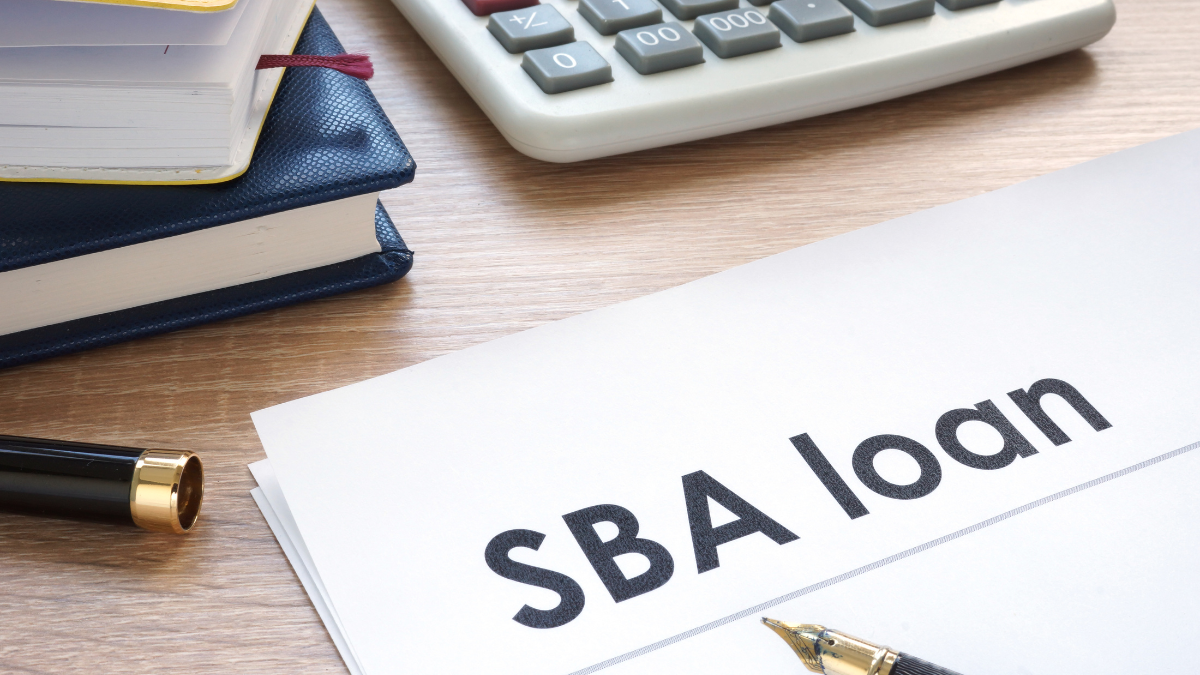
Considering buying commercial real estate, but put off by high interest rates?
We know the higher rates we’re seeing right now may not last forever. But if you’re looking to buy now or in the near future, you may benefit from an alternative to traditional financing.
Read on to learn more about two common alternative financing options — SBA 504 loans and seller financing — and whether they could be a good fit for your needs.

SBA 504 loans are long-term, fixed-rated small business loans offered through the U.S. Small Business Administration (SBA). With very low interest rates and beneficial terms, SBA 504 loans are one of the most affordable loan options available to most business owners.
With a 504 loan, small business owners can access up to 90% financing for their project — much more than other options on the market (conventional loans typically only offer 60–75% funding).
504 funds can be used for any major fixed assets that promote business growth and job creation, including:
These loans are funded by Certified Development Companies (CDCs) and third-party lenders and guaranteed by the SBA. Borrowers are responsible for making a 10% contribution (whereas a conventional loan will require between 25% and 40% down).
In most cases, the maximum you can take out with a SBA 504 loan is $5 million (a lifetime limit). Terms of 10, 20, or 25 years are available, allowing you to spread out your payments and reduce your monthly costs.
This type of loan requires you to pay a maximum of 2.65% of the loan’s value in fees, but those costs are included in the loan amount. This means your only out-of-pocket cost will be the down payment.

In short, SBA 504 loans offer:
As with anything, there are a couple of drawbacks to consider.
First, SBA 504 loans have a longer processing time than traditional funding options. Once you apply for a 504 loan, processing can take as long as 60-75 days. This is because both the CDC and the lender must agree on terms and ensure they’re complying with all SBA requirements.
SBA 504 loans also have prepayment penalties if you prepay within the first 10 years of your loan. (After 10 years, there are no prepayment penalties.)
For more information about SBA 504 loans, including eligibility requirements, see the SBA website.

Seller financing (also referred to as owner financing) is another alternate financing option to consider when buying commercial real estate.
In this situation, the seller essentially serves as the mortgage lender, allowing the buyer to pay in installments instead of taking out a mortgage from a traditional lender. The seller uses their equity in the property as collateral for a loan they make to the buyer.
This type of financing can be used instead of or in addition to a traditional mortgage.
Seller financing can be an attractive option for buyers who need help securing traditional financing or those who want to avoid the requirements and high fees associated with traditional loans. It can also be beneficial for property owners who want to sell quickly.
There are several types of seller financing to choose from, including:
Depending on the type of financing used, seller financing terms can vary, but they typically include an agreed-upon interest rate, payment schedule, and loan length.
While seller financing can be a flexible and mutually beneficial option for buyers and sellers alike, it’s important for both parties to carefully review the terms of the financing agreement. If you choose seller financing, it’s recommended that you work with a qualified real estate attorney to ensure the transaction terms are properly structured and legally binding.

However you decide to fund your next commercial real estate purchase or build, the team at Appro Development and Cerron Commercial Properties would love to help you find the perfect property or build it — whichever is right for you.
Fill out the form below to contact us for your next commercial property solution!
Copyright © 2026 APPRO Development & CERRON Properties 21476 Grenada Avenue, Lakeville, MN 55044 All Rights Reserved.